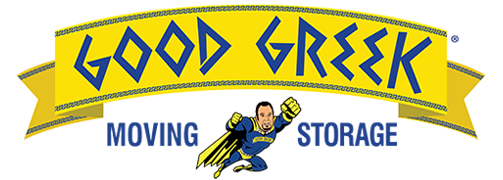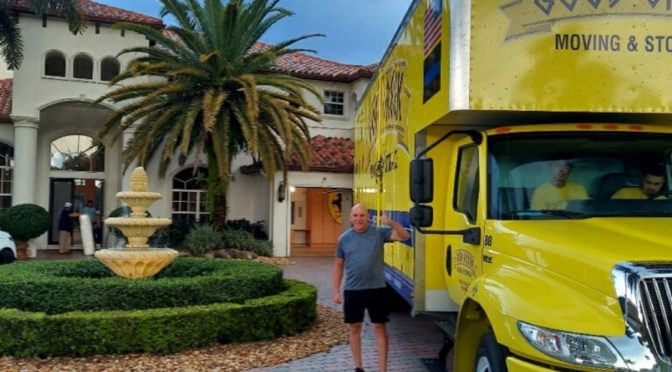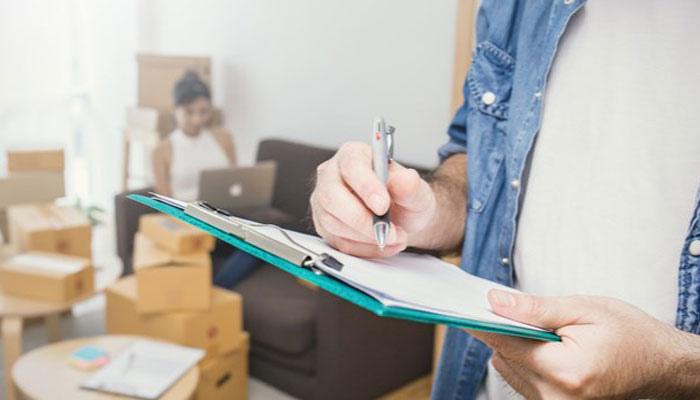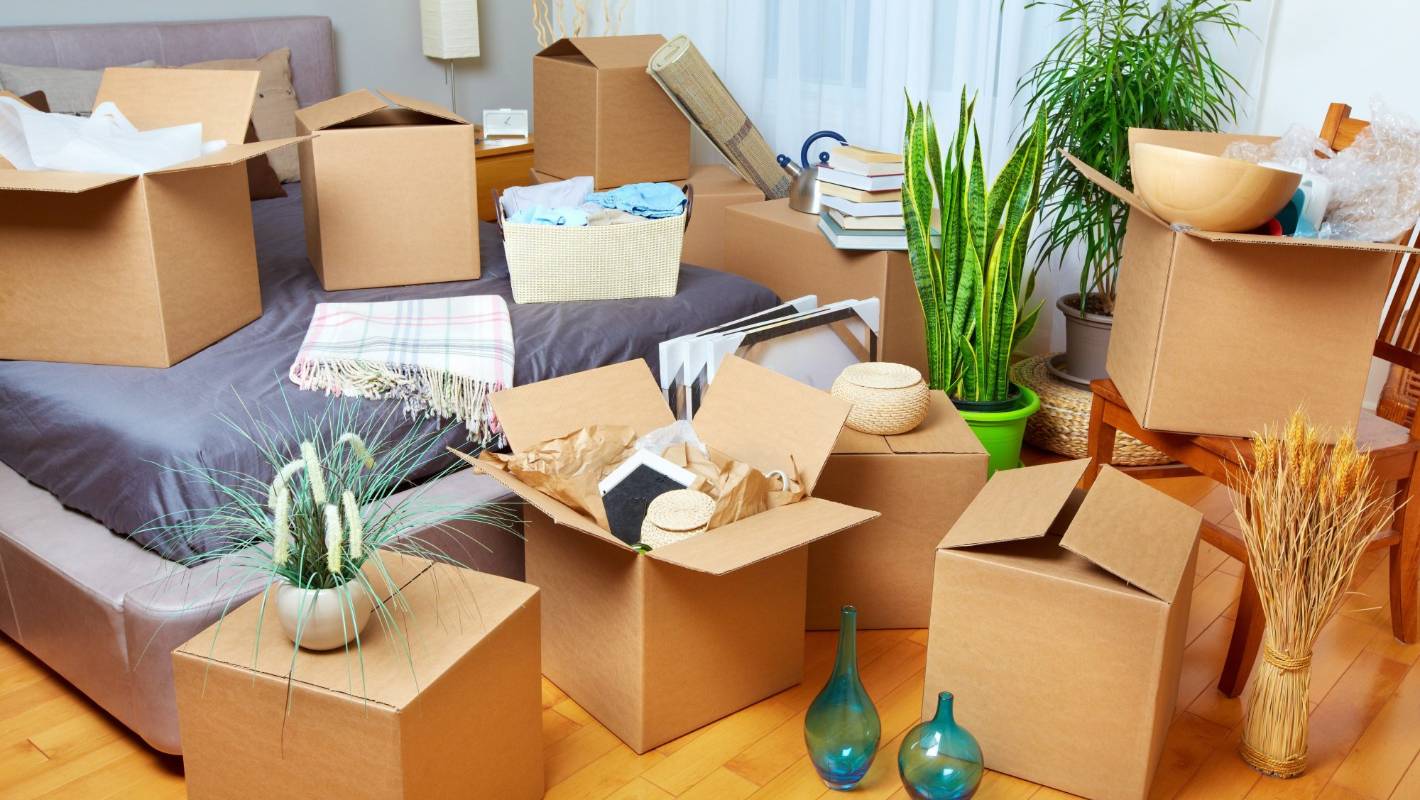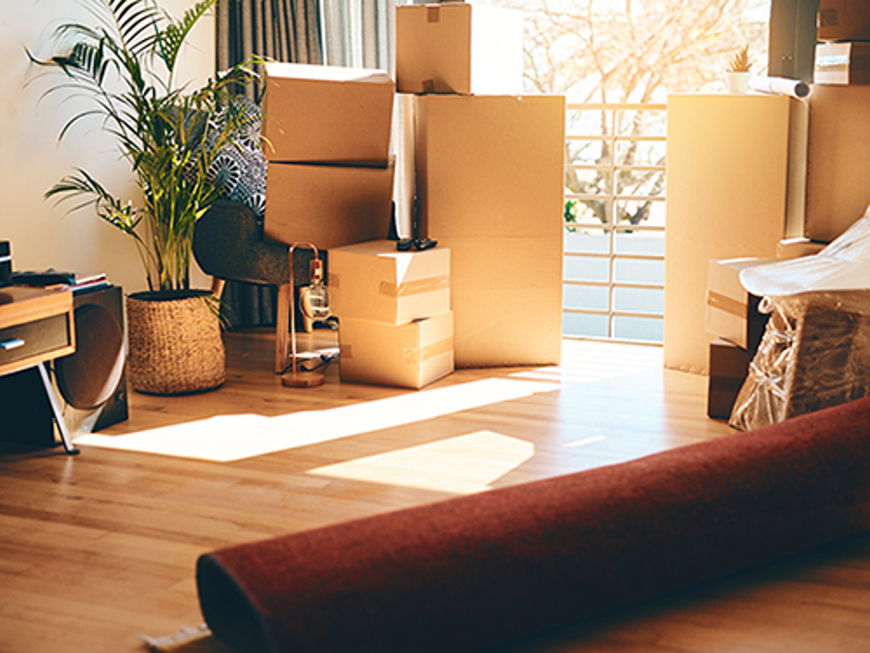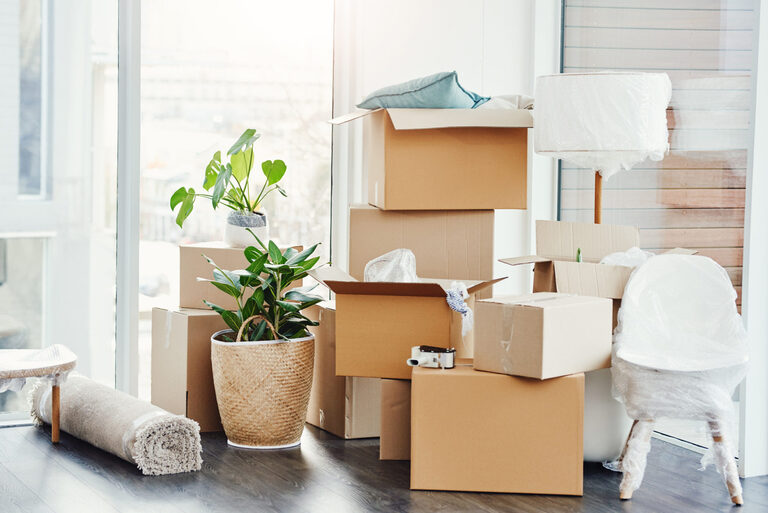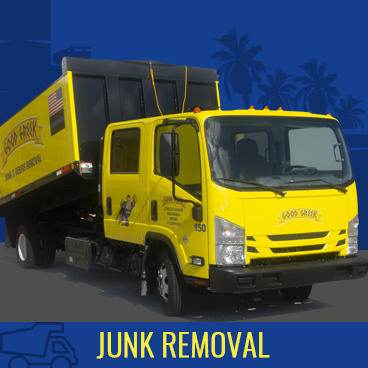Every new home buyer, especially a first-time buyer, can feel overwhelmed by the process. There are so many different factors to consider when buying a home that it’s easy to forget to ask them all.
We’ve helped many people move into their first purchased home at Good Greek Moving & Storage, and we’ve learned through experience what belongs on the checklist of questions you should ask.
To help those looking at buying a new home or their first home, here’s a checklist of 11 questions they should always ask.
Questions About Money
Before touring the first home, you’ll want to ask yourself some questions about your own finances. Having all your finances set will help immensely in the home shopping and buying experience.
What Can You Afford?
This is the place to start! It’s a reality check, but you must know how much money you have and how much house you can safely afford to buy while meeting all your other financial obligations. Once you know what you can afford, you won’t waste time looking at houses outside your price range. A rule of thumb is not to spend more than 36% of your gross income on debt (including a mortgage) or 28% of your gross monthly income on home-related costs.
What’s My Credit Score?
Make sure you know your credit score, which can impact your interest rate on the money you borrow to finance the purchase. If your score is not where you want it to be, it might be a smart move to put off the purchase for a while and take steps to lower your credit score.
What Type of Mortgage is Best?
There are many types of mortgages. Fixed rate mortgages set the monthly mortgage cost at one price throughout the life of the mortgage (usually 30 years). Variable rates can often get you lower monthly payments on the front end of your mortgage. Make sure you investigate all your options and find what works best for you.
How Much Cash Do I Need?
Buyers will have to make a cash down payment as well as cover the closing costs when the purchase deal is signed. You’ll want to know all those costs well beforehand. Also, make sure to find out how much you will need to pay in annual property taxes.
Questions About the House
Buyers will have to make a cash down payment as well as cover the closing costs when the purchase deal is signed. You’ll want to know all those costs well beforehand. Also, make sure to find out how much you will need to pay in annual property taxes.
There are many questions to ask about the house itself. Some of the biggest questions include the following:
Is The House in A Flood Zone?
This is important, especially in coastal cities or other locations known for frequent flooding. You need to know the risk involved in buying in a specific location. Also, being in an area prone to flooding and other natural disasters can impact your insurance rates.
What School District Is It Zoned For?
This is one that won’t get past parents. However, if you don’t have kids, you may not think about this until it is too late – that is, after you have kids a few years down the road. Make sure to check out the schools now, before you buy!
How Old Is….?
There are certain parts both on and in a house that need to be replaced at some point, and many of them are expensive. You’ll want to check out the age of the following.
- The roof
- The air conditioning system
- Major appliances such as the stove, dishwasher, and washer and dryer (if included)
- Any fencing on the property
- The pool cage
- The water and sewer lines
- The electrical system
Any of the above have a substantial price tag to replace or repair. You’ll want to put that off as long as possible.
What’s The Neighborhood Like?
In addition to the schools, you’ll also want to know other things about the neighborhood. What’s the crime rate? What are the neighbors like? Remember, you are buying the neighborhood as much as you are buying the house.
What Are The Past Insurance Claims?
Checking out the past insurance claims on the house can give you clues into problems you might have to prepare for in the future. The Comprehensive Loss Underwriting Exchange will let you know claims filed in the past seven years for damage by natural causes or vandalism.
What’s The Resale Value?
You want your home investment to grow in value over the coming years. It’s smart to check on the resale value of other homes in the neighborhood and see what they have sold for over the years. That will give you an idea of the potential for what you can make when you sell the house later.
Once you’ve got answers to these questions, you’ll also want ways to lower your costs and stress levels when you get ready to move. Make sure you find a professional mover who can give you all the moving services you need.
Planning A Move? Call For A Free Quote Today: South Florida (561) 683-1313 – Tampa (813) 438-2700

